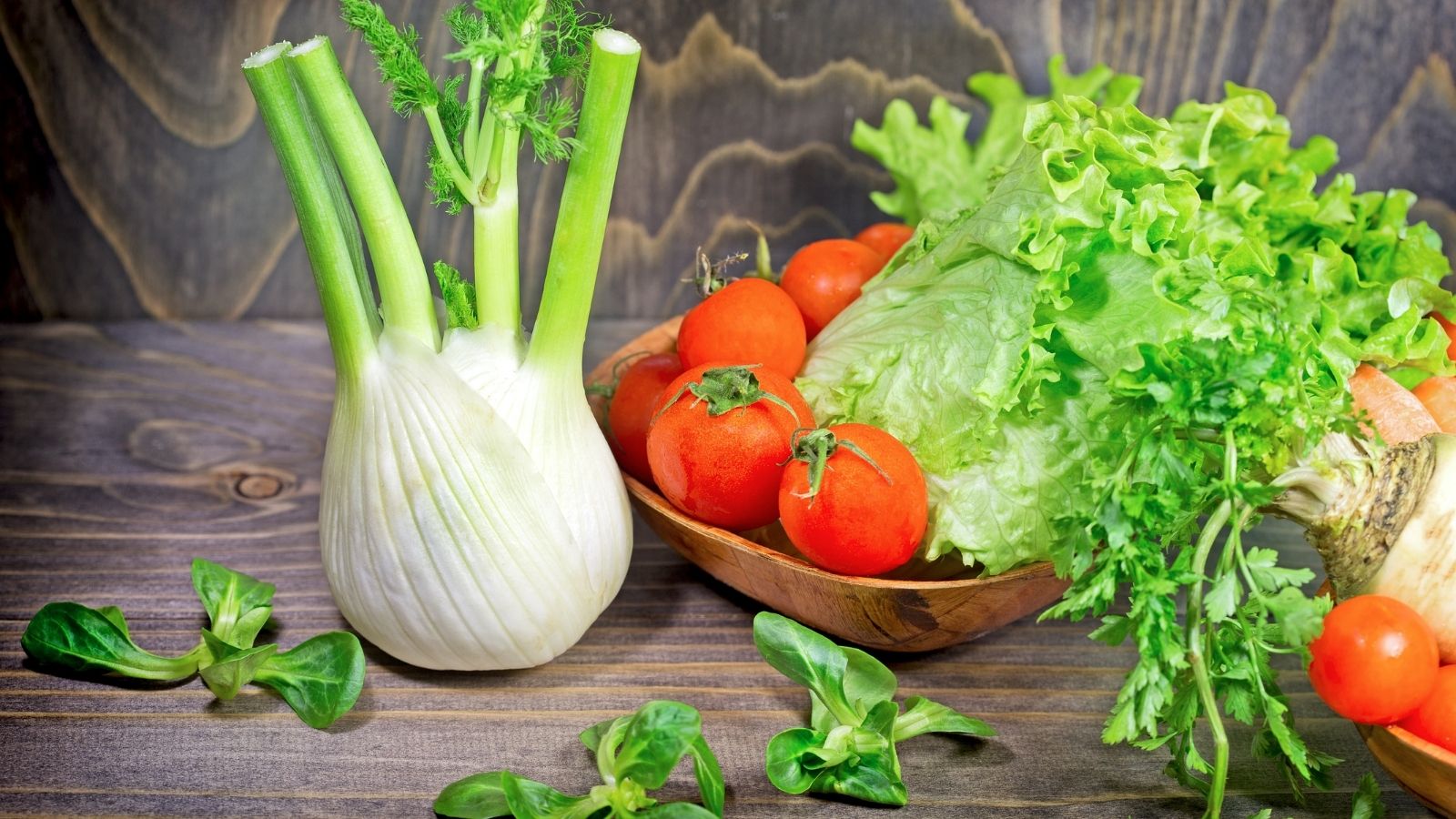Thinking of going green with a vegetarian diet? You’re in good company. Some estimates put the worldwide number of vegetarians at 375 million.
But if you’re new to the vegetarian diet? It can be hard to know where to start. How do you carve out your favorite animal products? What should you replace them with?
Luckily, with a little research, it’s not hard to create better habits with the right vegetarian diet plan. Here’s what you should know to get started.
1. Reconsider Your Sources of Protein
This one sounds like a no-brainer, but there may be more plant-based sources of protein than you’re aware of. New vegetarians often start out with the basics, like eggs, beans, legumes, and nuts.
But if you’re in it for the long run, you should also consider other alternatives for a high-protein vegetarian diet. You might be surprised to learn that some of your favorite foods may have more protein than you’d expect, including quinoa, peas, soy milk, and even oatmeal. Don’t forget about star protein sources like tofu and tempeh!
2. Have Vegetarian Snacks Within Easy Reach
We all make impulsive decisions when we’re hungry. If you’re trying to keep to a vegetarian diet, make sure you have the right snacks within reach to keep hunger at bay.
Toss some protein-rich trail mix, roasted chickpeas, or fruit into your bag for work. Have some healthy crackers or chips ready for your post-workout cravings, and check out options around you for healthy food to go to serve your snack urgings. This tip is especially important if you’re following specific diets, like the vegetarian keto diet or low-carb vegetarian diet.
3. Make Small Changes First
If you want to ease your way in, try changing your diet by opting for vegetarian versions of foods you already love, like veggie pizza, bean burritos, or spinach lasagna. You can also find vegetarian counterparts to your favorite products, like soy-based sausage or bean burgers. With these simple switches, you won’t feel like you’re missing out on anything in your new diet.
4. Check Your Restaurant Orders in Advance
One of the hardest things about being a new vegetarian is eating out, especially if you’re caught by surprise. But most restaurants can modify your favorite items, so check the menu in advance to see what they offer. Try meatless sauces, adding vegetables in place of meat, or calling ahead to ask about offerings.
5. Just Because a Food Fits the Vegetarian Diet Doesn’t Mean It’s Healthy
Vegetarians who are hoping for health benefits need to remember that not all foods labeled “vegetarian” are healthy—but many brands will use that label to trick you into thinking their food is good for you.
Don’t forget that “vegetarian” just means that there are no meat products in the food. Your favorite cookies, chips, and sugar-laden beverages could be labeled “vegetarian” as well! Do your due diligence and read labels with care.
6. However, 'Vegetarian Food' Doesn’t Have to Mean 'Healthy'
If you’ve become a vegetarian for health reasons (even in combination with other factors), you may have high expectations of your diet.
However, don’t forget that the occasional comfort food can help you better stick to a new diet. Giving in to cravings allows you to rid your body of that feeling of restriction or scarcity, focusing on the foods that matter. In other words, feel free to eat some chocolate if you want to!
Keep to Your Vegetarian Diet
Sticking to a new vegetarian diet can be a challenge, but it’s nothing you can’t overcome with a little research and effort. Like any new lifestyle change, you’ll need to implement new habits over time, and they’ll one day become so routine that you’ll hardly think about them. Start taking your first steps toward that change today!
Want more of the health and diet tips you need in life? Check out our other posts for other helpful insights and guides.



